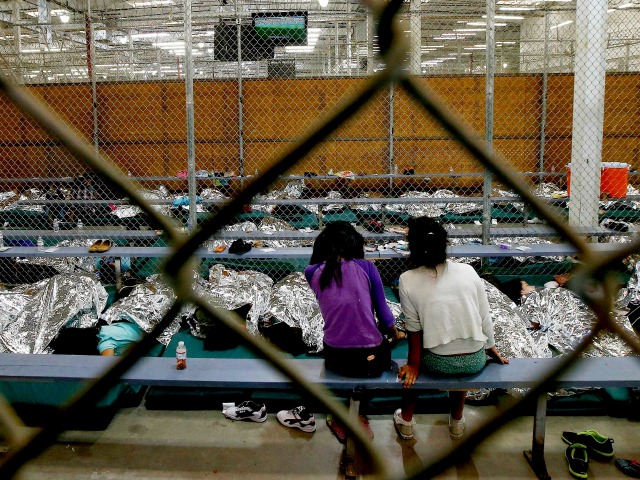A significant part of child migration is “often invisible in data and policy”, according to a report by the Foundation for European Progressive Studies (FEPS). Available data shows that at least 5.3% of the over 1m migrants who have first time asylum application in the EU in 2016 were unaccompanied children in need of international protection and that the numbers are constantly rising.
According to FEPs, unaccompanied asylum-seeking children suffer in Europe – particularly in Greece and Italy – from seriously inadequate protection, inappropriate services to meet their needs and interests. Problems also include slow and poor procedures to process their files and ensure them asylum status, family reunification, or relocation, according to their needs.
It’s a situation that often encourages young migrants to escape the system and continue their journey relying on smugglers, with the additional risk of becoming victims of abuse and exploitation.
This is why FEPS has called on the EU to ensure that the “best interest of the child” principle and protection issues provided by United Nations Convention on the Rights of the Child have a substantial impact also on the formulation of the EU external policy and programme.

